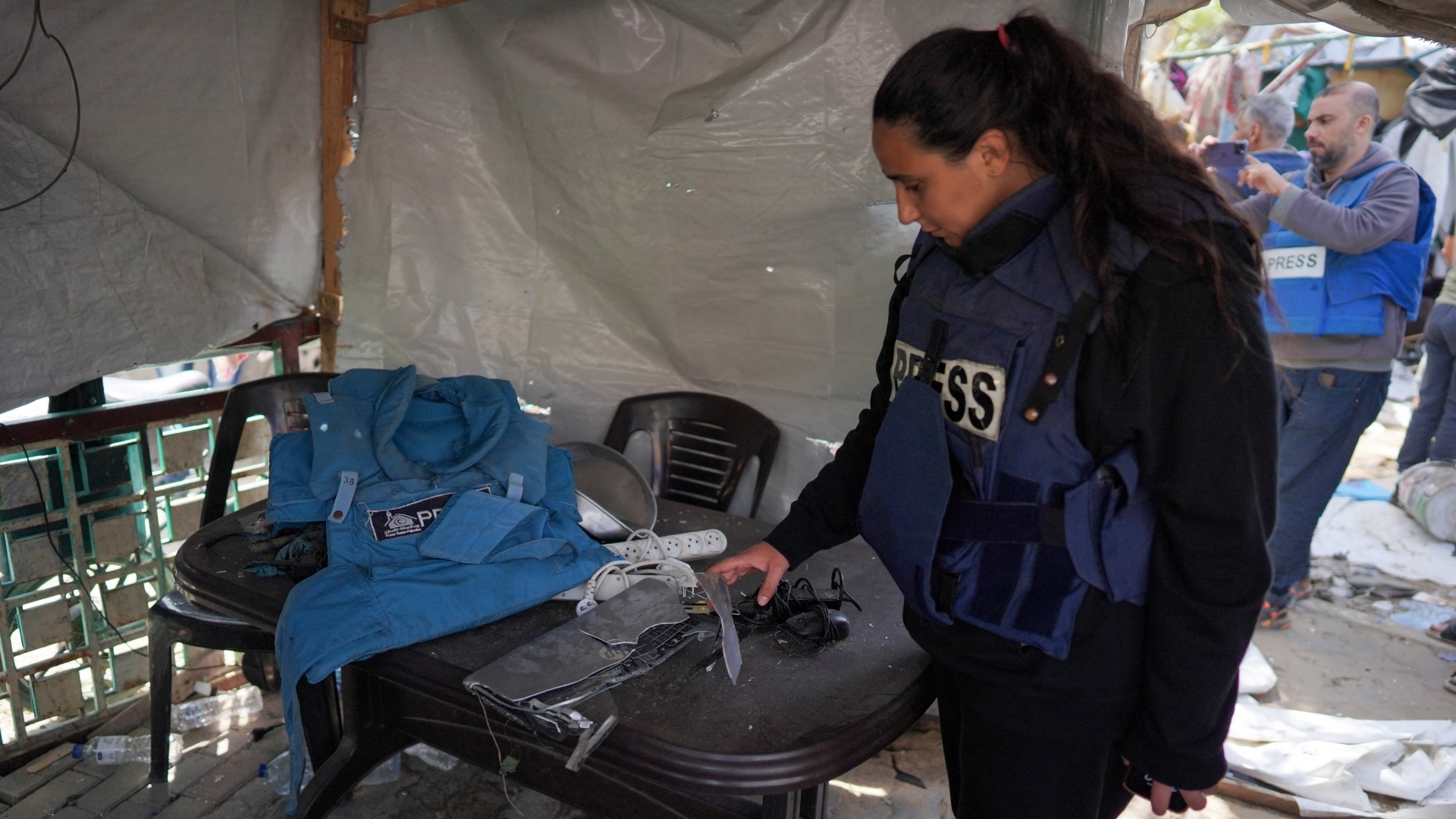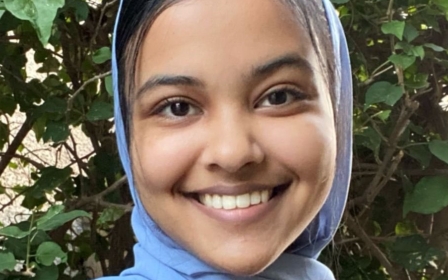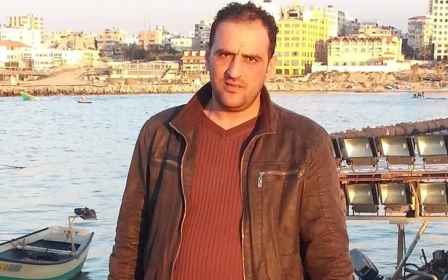Palestinian journalists call on US press to boycott White House correspondents' dinner

More than two dozen Palestinian journalists working inside and outside of Gaza published a letter on Tuesday calling on American journalists to boycott the annual White House correspondents' dinner, citing the US military support for Israel's war in Gaza that has killed scores of Palestinian journalists.
“As Palestinian journalists, we urgently appeal to you, our colleagues globally, with a demand for immediate and unwavering action against the Biden administration's ongoing complicity in the systematic slaughter and persecution of journalists in Gaza," the letter said.
“For Palestinian journalists in Gaza, the blue press vest does not offer us protection, but rather functions as a red target,” the signatories write in their letter.
Many of the letter's signatories chose to remain anonymous, out of fear their public signing of the letter could lead them to be targeted or killed by Israel's military.
However, it includes several prominent journalists who have been covering Israel's assault on Gaza from inside the enclave. Those names include Bisan Owda; Ali Jadallah; Hosam Salem; Mohammed Zaanoun; Ahmed El-Madhoun; and Mohamed Almasri.
Stay informed with MEE's newsletters
Sign up to get the latest alerts, insights and analysis, starting with Turkey Unpacked
The letter also includes signatures from renowned journalists working outside of Gaza, such as Mariam Barghouti, Mohammed El Kurd, and Said Arikat, the Washington bureau chief for Al-Quds newspaper.
Israel's war on Gaza began in October, after Hamas and other Palestinian armed groups launched an attack on southern Israel, killing 1,200 people and taking more than 200 people hostage.
Israel responded with a declaration of war and launched a devastating and indiscriminate bombing campaign followed by a ground invasion of Gaza that has killed more than 33,000 Palestinians.
During this time, Israeli forces have also killed at least 125 journalists, which the letter says makes up 10 percent of Gaza's community of journalists.
The letter points to the lack of coverage and attention paid to the killing of Gaza's journalists during Israel's war.
CNN's Christine Amanpour recently stated that the problem with the coverage of the Gaza war was that "journalists are not on the ground in Gaza". The comment was met with outrage from Palestinian journalists who said the remark equated to an erasure of their work in Gaza.
Amanpour quickly clarified that what she meant was there were no "independent, western journalists" in the enclave reporting on the war, but those comments were further criticised as asserting that Palestinian journalists are unable to accurately tell their stories.
“We cannot overlook the White House Correspondents' Dinner’s role in legitimizing and whitewashing the same deadly propaganda and policies coming out of the Biden administration during its daily press briefings by bringing journalists together to sit and laugh with the President, while ignoring his complicity in the assassinations and targeting of Palestinian journalists in Gaza,” Nasser Abu Baker, president of the Palestinian Journalists Syndicate, said in a statement.
“For our members and colleagues in Gaza, we, the Palestinian Journalist Syndicate, call upon our fellow journalists to boycott the White House Correspondents' Dinner. Let absence speak louder than any words we might utter at that table.”
Middle East Eye delivers independent and unrivalled coverage and analysis of the Middle East, North Africa and beyond. To learn more about republishing this content and the associated fees, please fill out this form. More about MEE can be found here.




